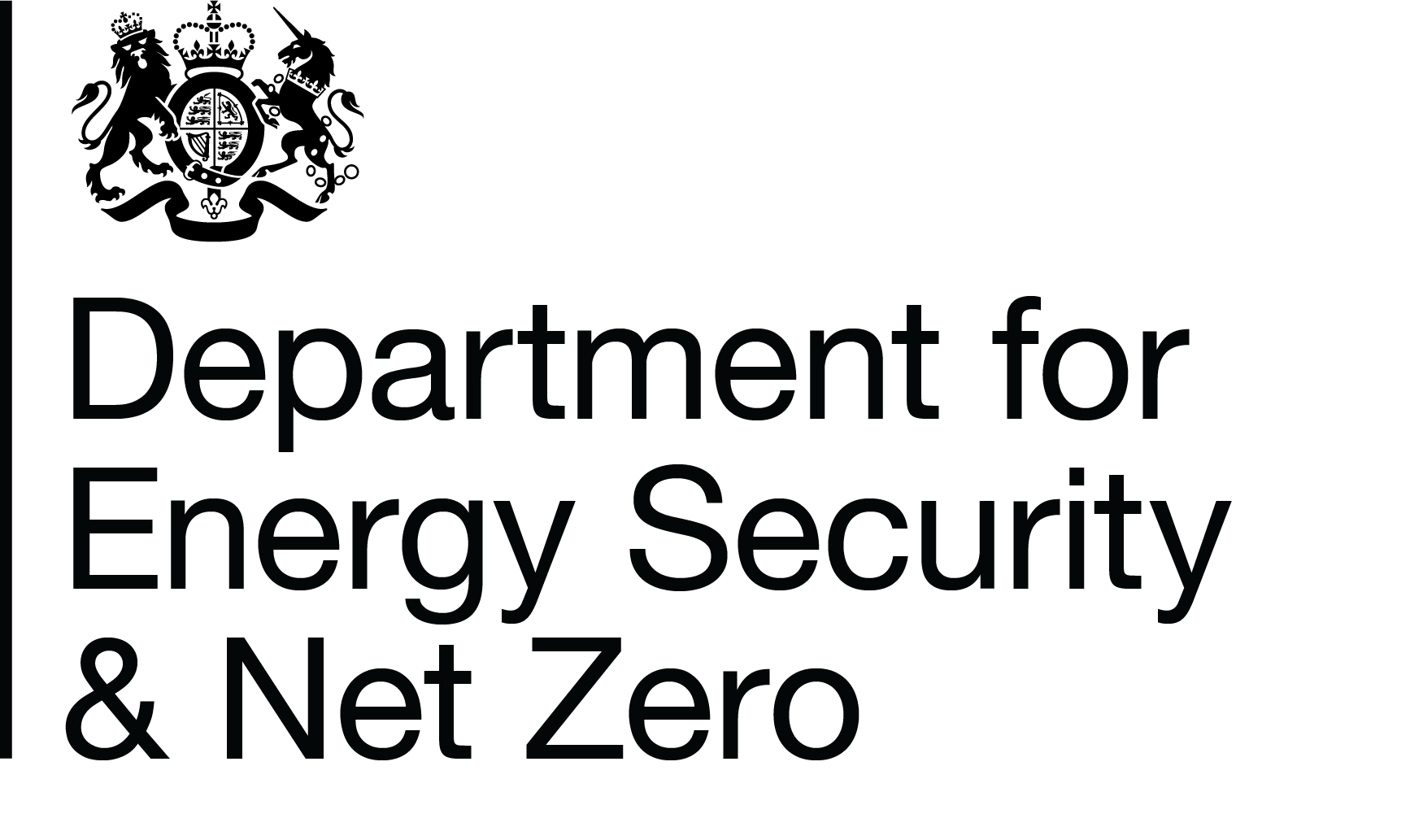Designing a framework for transparency of carbon content in energy products: a call for evidence
Overview
Achieving net zero emissions will require many of us to take actions to decarbonise our lifestyles and it is crucial that consumers are given transparent information on the carbon content of tariffs to help guide their energy choices.
This call for evidence is our first step to better understand the challenges in this area and seek views on options for how we might develop a more transparent framework for carbon content in energy products to be communicated to consumers.
Your responses will help inform future policy in this area. We invite evidence and views on:
• the extent to which annualized retrospective renewable energy matching under the current framework does not meet consumer expectations;
• how best the framework could be adapted to enable a customer’s choice to drive additional investment in low carbon electricity generation;
• the types of interventions which may help to achieve greater transparency in the framework;
• the role of other forms of low carbon power in future framework developments; and
• opportunities for innovation that can accommodate flexibility technologies in the future framework.
We would also like to use this call for evidence as an opportunity to identify, build, and strengthen relationships with stakeholders, recognising that the green tariff landscape has changed significantly over the past few years. We welcome views and information from anyone with an interest in this policy area, such as:
• suppliers
• generators
• regulators
• consumers
• consumer groups
• industry
• researchers and innovators
• academics
• investors
• local authorities, and
• think tanks.
Read the consultation document on GOV.UK.
Audiences
- Anyone from any background
Interests
- Consumer rights
- Innovation
- Nuclear
- Renewable energy
- Energy and climate change
- Electricity
- Carbon capture and storage
- Climate change

Share
Share on Twitter Share on Facebook